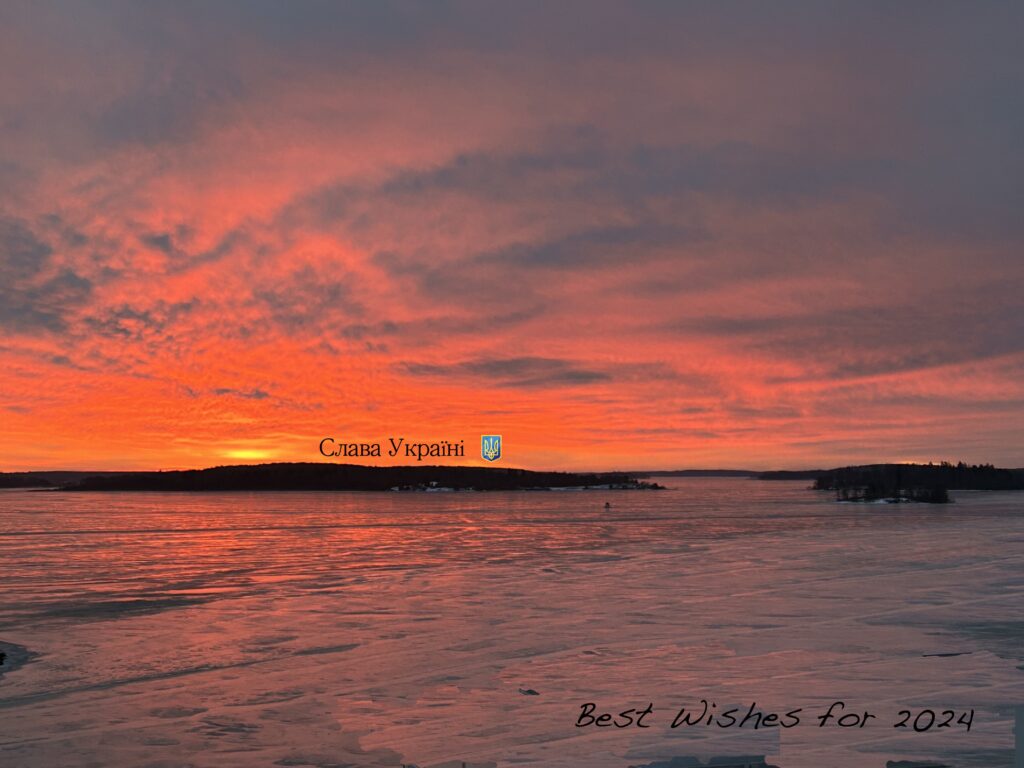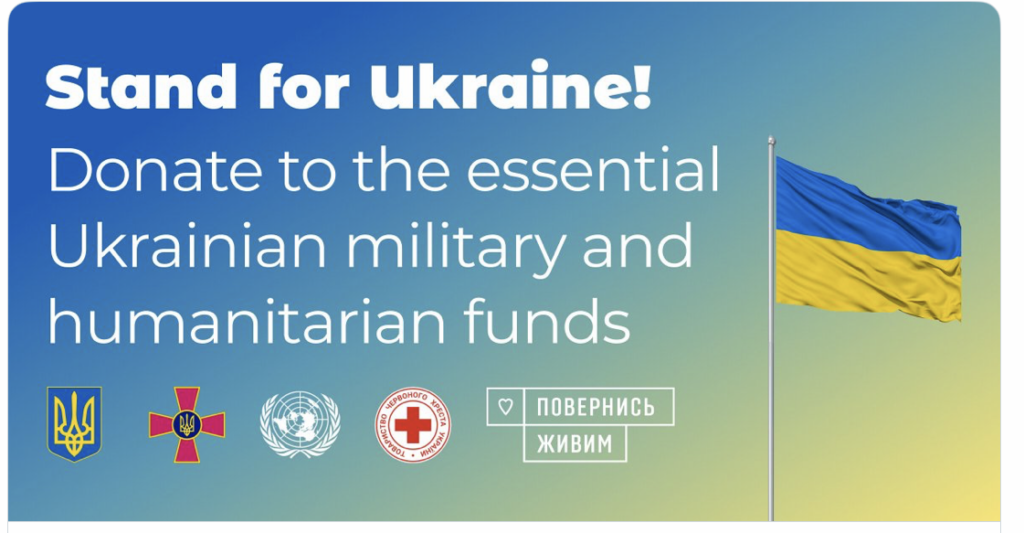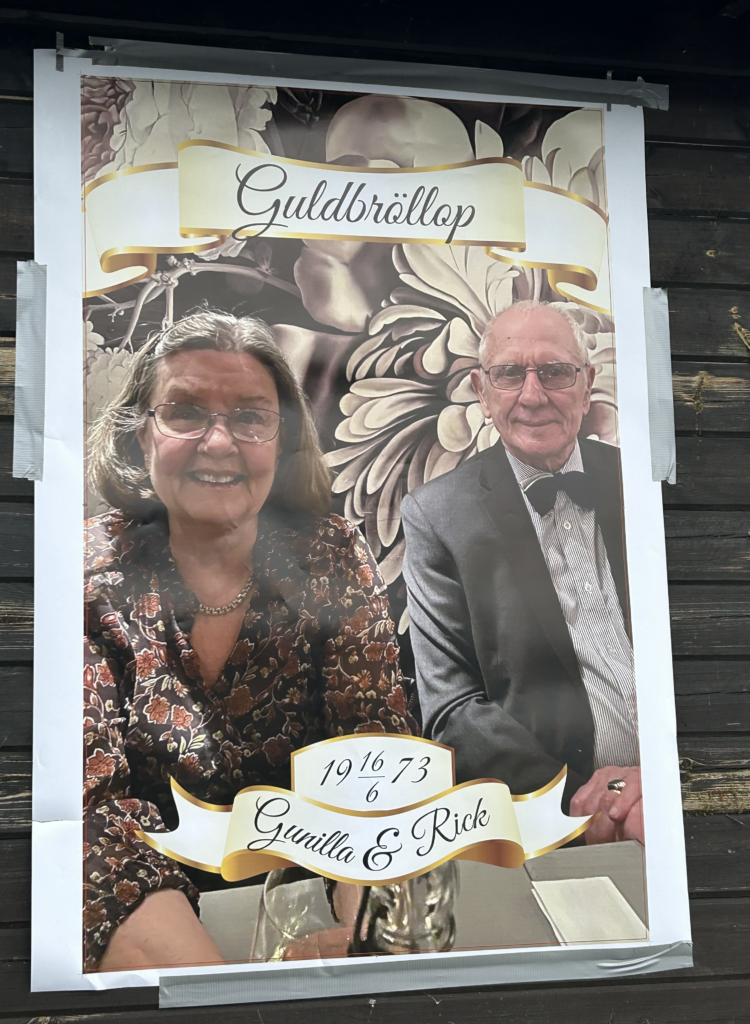
Paradise Island
After a wonderful week spent watching wildlife in South Africa we decided to stop off in Mauritius on our way home. Bumping around in a Toyota Landcruiser for a total of 40 hours takes its toll, believe me. Not only on the more obvious parts of one´ s anatomy but involves a complete bone shaking makeover.
So Paradise Island, as I saw it referred to on a billboard, became our chosen recuperative solution. Not having been there before made it all the more interesting, although that cannot be said of the hotel or should I say resort we stayed at. Not that there was anything wrong with it as such, it definitely lived up to any brochure depicting luxory accomodation nestled amongst palm trees overlooking a widespread sandy beach and an azure ocean with an almost indistinguishable boundary against the sky. From that point of view not unique as we might have been on an island in the Pacific, the Caribbean or even the South Atlantic instead of the Indian Ocean.
The accompanying tourists were what you might expect in a place like this, mostly white Europeans meandering between beach, bar, restaurant and chalet enjoying what each had to offer. French seemed to be the dominant language spoken, followed by English and the odd German. Not surprising as Creole is the predominant languge amongst the natives on the island and any Frenchman unsure of his or her abilities in English would likely understand this French based patois, if spoken slowly. Perhaps an indication that holidays in the sun are chosen in places where people feel most comfortable in their surroundings. This criteria is understandably not solely pertinent to language. Maybe underlined by the fact that there was a not inconsiderable number of tourists from India and/or the Middle East who as far as I know have little reason to seek a French speaking environment. The answer to this we possibly found on one of the following days when our driver for the day gifted us with a history lesson of the island. Like looking into a pot with stew where we had already identified many of the ingredients and he was now kind enough to give us the background on each.
At the airport we were requested to fill in an international arrival form and after queuing at the passport desk were requested to fill in another almost identical form. I asked why two of the same and received the reply, ”that one is for the health authorities.”
”Why not buy a copying machine?” was on the tip of my tongue but having met the occasional border official in my time I have understood the wisdom of keeping my mouth shut at crucial moments.
That little episode and the bureaucracy it reveals, together with English being an official administrative language, is undoubtedly a leftover from the colonial days of the Empire. The English were the last to leave, so to speak but others came and left before that. In the 16 Century the Dutch colonised and named the island after Maurice van Nassau (Prince of Orange) and according to our driver, not being able to find enough food ate the Dodo, endemic to the island, to extinction. The French on arriving renamed the island Isle de France and although Mauritius reverted to its original name after the Napoleonic wars, French remained the lingua franca surviving 158 years of British rule.
Even the capital city seemed to reach out to the world as we looked down on Port Louis from the fort overlooking the town nestled between the backdrop of hills in a manner reminiscent of Cape Town, whereas the atmosphere on the waterfront later that day had us thinking of Fisherman` s Wharf in San Francisco.
”There is no crime in Mauritius,” we were told by our driver. Not mincing words there I thought, remembering his recitation on Maurition demography. ”Most people are of Indian heritage, followers of Hinduism or Islam and Christians are black.” I think a handful of Chinese Buddhists together with a small number of European descent could be added to this. Travelling around Mauritius, the abundance of places of worship, temples, mosques and churches confirm the multicultural, multiethnic and multilingual nature of this small island with its ca. 1,5 million inhabitants.
To boot, I read that Mauritius is the most prosperous country in Africa. There is a lesson to be learnt here.

Why?
For several years now I have shared my thoughts on various things that have had an impact on my life. Apart from enjoying writing, I feel that somewhere in the future my words might in some small way serve my descendents as a source of information about me and the time I spent on this planet. Answering questions much like, ”What did you do in the war, grandad?”
Until less than two years ago the reaction to that precise question would have been, ”What war?” Since then I have shared the anxiety and frustration of many Europeans over Russia´ s despicable invasion of Ukraine and done my best to help as well as to broadcast my feelings as to what is recquired of the democratic world to contain this heinous international pariah.
Today I am at loss for words. The depravity the world witnessed on the 7th October is beyond belief, on a level with or even surpassing Russian, ghoulish behaviour in Ukraine. With no warning, the indiscriminate torture, rape, murder and mutilation of civilians, young and old, flickered across our screens. There was no military objective and it soon became clear that, together with the kidnapping of hostages, the acts of violence perpetrated on that day were the actual objectives.
For what reason? Nothing that would benefit people in Palestine, as the likely Israeli response would be to attack Hamas and the havoc this would wreak on the population of Gaza. Apart from ventilating blind hatred, in an orgy of violence on Israelis, I see no plausible motivations other than the unthinkable, that the objective was to provoke a war at the cost of civilian lives on both sides. The fact that Hamas and big brother Hizbollah are both dependant on weapons from Iran tells us that the 7th October was without a doubt sanctioned by the Mullahs and that any explanation to why these atrocities occurred should be sought in Teheran or maybe even in Moscow.

Bus 4 Ukraine

Doing our bit:
This is the bus that people in Västerås filled with items destined for Ukraine. Amongst other things these included medicines and medical equipment, army surplus and outdoor equipment as well as a variety of non-perishable foodstuffs including chocolate. A special request for adult nappies and the 4-wheel drive van in the background of the picture, to be painted in military green and used for evacuating the wounded, more than anything underlined the seriousness of the situation. Recently I received information that the bus in the company of a variety of other useful vehicles has arrived in Ukraine, thanks to the efforts of volunteers from “Skicka vidare till Ukraina” (Send on to Ukraine).
Slava Ukraini
Independence Day
On this day the 24th August, Ukraine celebrates its declaration of independence from Soviet Russia in 1991. On this day thirty-two years later the people of Ukraine are now fighting the heir to that evil empire in an effort to keep that same independence.
It has come to the point where hiding behind political views and/or rhetoric pales in the presence of what the Russian Federation is doing in Ukraine. This is no longer a case of right or wrong, left wing or right wing, what about this or what about that. We are in the face of barbarity and there are no excuses, political, economic nor pacifist for not calling this out. Those who are not prepared to do that, wilfully expose themselves. The analysis of how and why, I leave to you in each individual case.
I was born amongst the ruins of Europe and never thought I would ever be revisiting the likes of something that belongs in history books.
I am not alone. I am just one of millions and millions of people across the globe who are aghast at what is happening. Countries and people who behave like Russia must be stopped. Make no mistake, negotiations and treaties did not prevent this war which should give us an understanding of how not to deal with Russia.
On Saturday I will be joining a gathering to celebrate Ukrainian independence as well as collect as many useful items as possible to be sent to Ukraine. Even if in all modesty, being part of millions doing the same thing makes a difference. The smallest item, sum of money or just buying the nearest Ukrainian refugee a coffee or a beer sends messages and hope. Slava Ukraini!

Golden Wedding
17th June 2023: A family of thirteen on a boat ride to Grinda in Stockholm´ s archipelago. Fun and games, a walk around the island, a swim in the harbour and a three course dinner with drinks on the boat to follow. The sun shone until late, as is usual at this time of the year. A wonderful occasion to mark the 16th June 1973 when two young people, hardly more than kids, walked down the aisle of Allhelgonakyrkan (All Saint´ s Church) in Södermalm, Stockholm to the tune of ”Ack Värmeland Du sköna.” (”Oh Beautiful Värmland”)
Fifty years is a long time and the two are no longer young, although still kids at heart, albeit a great deal wiser.

Alan
A quaint Sussex village, a picture-book English church and a beautiful summer´ s day was the setting for a gathering of people come together to say good-bye.
Good-bye to a husband, a father, a grandfather, a brother, an uncle, and a friend. A day of sadness, a day of mourning, as befits the seriousness and finality of the occasion. Yet this day in June, in these beautiful surroundings was more than just that.
Life has to end in death but seldom before the seed of life is sown for the next episode, in this case five children and fifteen grandchildren.
Life owes its existance to death and our two families bonded in a friendship of almost sixty years celebrated a life as well as mourned its passing. Laughter and tears all jumbled up.
The tears in homage to a loss, the laughter acknowledging a life and the continuation of a friendship formed so many years ago and now passed on.
R.I.P.
Time To Be Strong Again
In German, ”Wenn wir wieder Stärke zeigen müssen,” a caption in a recruiting advert stressing the need for a stronger Bundeswehr caused quite a stir in Germany.
”Here we go again,” becoming quite the popular, knee-jerk reaction. A response to this reaction (somewhere on Twitter) claimed that the problem actually lay with the people associating this quote with Germany´ s Nazi history and their interpretation of the advert as a desire for a more successful repeat performance against Russia.
In other words, according to this pacifist logic, a strong German military presence is to be avoided for the sake of peace in Europe. True up to the point where a strong military is a must for invading any neighbouring country. What should be remembered though, as both past and recent history show us, is that this warmongering formula is incomplete and rendered useless without an autocratic catalyst. Democracies do not go to war with one another. Democracies do not instigate a ”special military operation” using indiscriminate bombing of civilian targets, rape and torture as a means of subjugating their neighbours.
Looking back a generation there can be no doubt that Germany has learnt a lesson from its past although its focus on economy as opposed to other manifestations of power has come unstuck. Somewhat eyebrow raising that anyone in Germany ever believed that militant imperialists can be bought off; something the most of Europe has known since 1939 up to the present.
However judging by the recent actions of the German government and its now widespread support of Ukraine both military and humanitarian, the country seems to finally have taken a decisive step from being a politically introvert, anti-Nazi democracy to becoming a country that, together with its like-minded neighbours, is prepared to fight for its own and other country´ s right to democracy.
The need to be strong again has never rung truer, only this time the boot is on the other foot.

The Importance of What is Important
The other day my youngest grandchild Inez asked my wife,
”What do you do all day grandma?”
She was obviously referring to the both of us, revealing her concern for two people she cares about. With no jobs to go to and and not enrolled in any school she was not only inquisitive but apparently also concerned about her grandparent` s ability to cope with what to her seemed like an empty life. I think Gunilla put her mind to rest by listing a few of our ”old people` s” activities.
A somewhat quizzical expression hinted that she didn` t fully accept that these were an acceptable substitute for her own school- life or her parents work-life. I there and then suspected she would never become an investigative journalist as she let her good upbringing get the better of her and didn` t press the matter.
This mundane everyday sort of intermezzo might easily have been passed off with a laugh but the fact is it began doing laps in my head faster than anything you might see at Silverstone. The existential questions it left in its wake had me pondering.
Is a job resting on the foundations of an education or learned skills the only true fullfilment in life? To put it simpler. Do we live to work or do we work to live? For me a job is a sophisticated form of survival honed to perfection from our days as hunters.
I have always enjoyed working if not having to get up early five days a week. Furthermore I have never been in doubt that it is the means to the end and not the goal itself even though a successful job/career quite clearly has an enormous amount of scope for personal fullfilment.
Reaching retiring age does of course deprive most of us of this and in quite a few instances has tragic consequences as many find it hard to adapt to 24/7 freedom.
Adapt is the key word here as for a period of two years the Covid pandemic curtailed some very important activities in our lives as pensioners. Travelling, traditional family gatherings and social intercourse in general. The very things we worked to be able to enjoy and that like gas expanded to fill the vacuum created by not having a job.
Covid changed the rules and we had to adapt once again. The gist of things being indoors becoming outdoors or the internet.
The pandemic would seem to be over and a return to a somewhat more normal life is a welcoming thought but the world is forever changing and with that come new challenges on our ability to adapt.

Been There Done That
Below is an extract from a speech recorded in the US and then sent to the BBC for broadcasting to a war-torn Europe.

The above lines were quoted on Twitter together with an excellent translation by Mart Kuldkepp associate professor of Scandinavien History and Politics at UCL.
For the benefit of Sarah Wagenknecht et al. I hereby submit my own translation.
The resistance of Ukraine, the help it receives from America and the EU are denounced by the leaders in the Kremlin as ´prolongation of war`
They demand ”peace.” They who drip with the blood of their own people and that of other peoples dare to utter this word.
What they mean is subjugation, the legalization of their crimes, the acceptance of the humanly unendurable.
But that is not possible.
With a Putin there can be no peace, because he is thoroughly incapable of peace and because this word in his mouth is nothing but a dirty, pathological lie.
Been there done that, Europe 2023

standforukraine.com